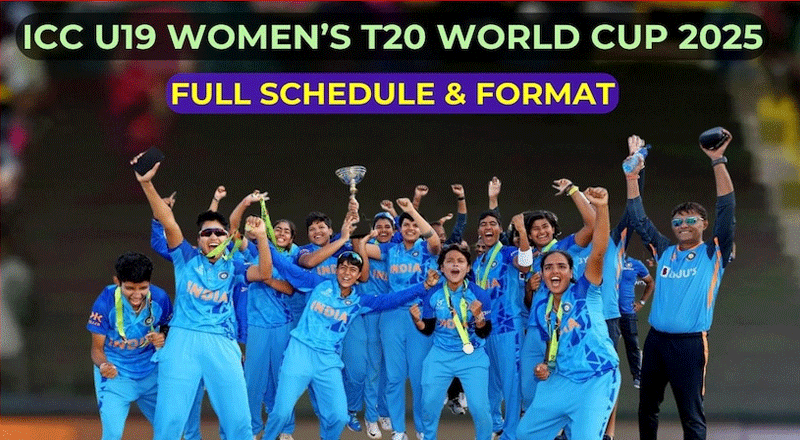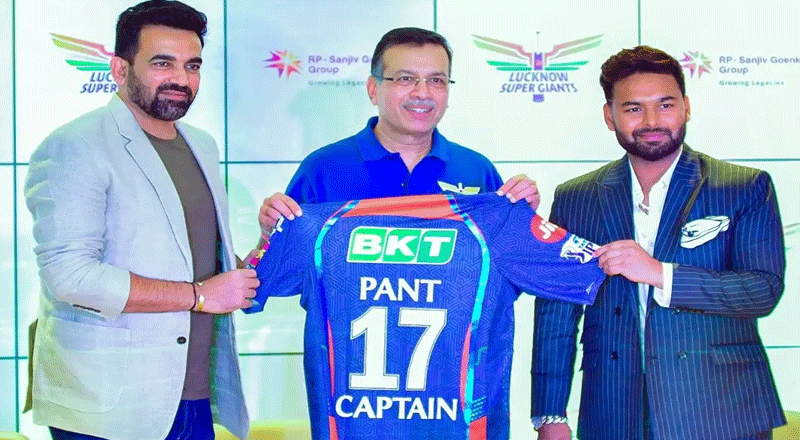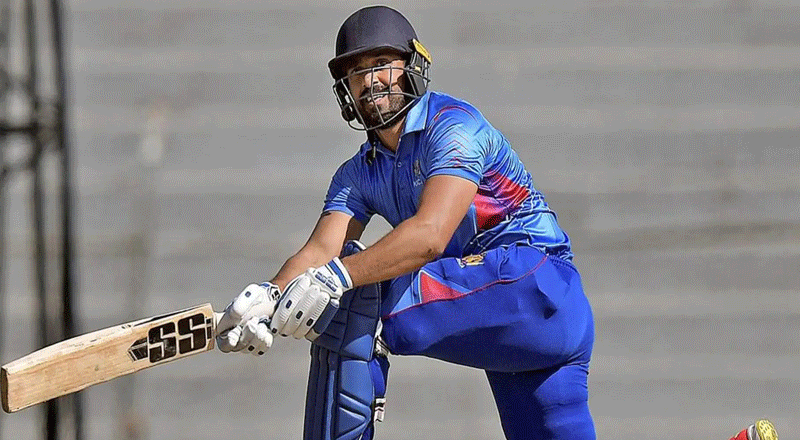In the ICC Men’s T20 Cricket World Cup, Afghanistan is set to face South Africa in the first semi-final at Brian Lara Stadium in Tarouba, Trinidad, tomorrow morning.
Meanwhile, India will clash with England in the second semi-final match at Providence Stadium in Guyana tomorrow evening. The final match of the tournament will be held at Kensington Oval, Bridgetown, Barbados, on Saturday.
One word. Four syllables. Starts with A. It’s the name of South Africa’s opponents in the 2024 Men’s T20 World Cup semi-finals. Had those clues been given to South Africa’s players before the tournament, their answer would likely have been Australia. Instead, Afghanistan will be South Africa’s opponents in Trinidad on Thursday, and they will be taken just as seriously as any team.
Afghanistan earned respect by defeating New Zealand, Australia, and Bangladesh within 18 days. Along the way, they faced heavy defeats against West Indies and India, while South Africa won all seven of their matches. Afghanistan’s impressive performance has made them contenders, despite being from a landlocked country. With South Africa’s mixed history in knockout games, having played nine and won only one, Afghanistan, led by Rashid Khan, might be considered favorites.
Rahmanullah Gurbaz and Ibrahim Zadran are among the top five run-scorers in the tournament, while Fazalhaq Farooqi, Rashid Khan, and Naveen-ul-Haq are among the leading wicket-takers. South Africa’s top batter, Quinton de Kock, ranks sixth on the list, and their most successful bowler, Anrich Nortje, is joint eighth.
The difference between the current South African team and previous ones is their recognition of Afghanistan’s upper hand. Aiden Markram’s squad is also grounded in reality, as emphasized by Rob Walter in a press conference on Monday. When asked about the challenges faced by batters due to the conditions, Walter replied, “The world of professional sports doesn’t allow for much sympathy, but it does allow for understanding.”
Afghanistan, too, is living in the real world. This was evident from Rashid Khan’s response regarding their victory over Bangladesh: “The only time I believed we had won the game was when we took the last wicket.”
Many hope for a sign or acknowledgment from the Afghans that they represent the women and girls of their country, who are barred by the repressive Taliban regime from many activities, including playing cricket. Until 1994, South Africa’s teams also represented a society ruled by unfairness and fear due to apartheid. Now, the issue is gender apartheid. Cricket and cricketers cannot be allowed to look the other way.
As the semi-final approaches, all eyes will be on Afghanistan and South Africa to see who will advance to the final and have a chance at winning the T20 World Cup.





